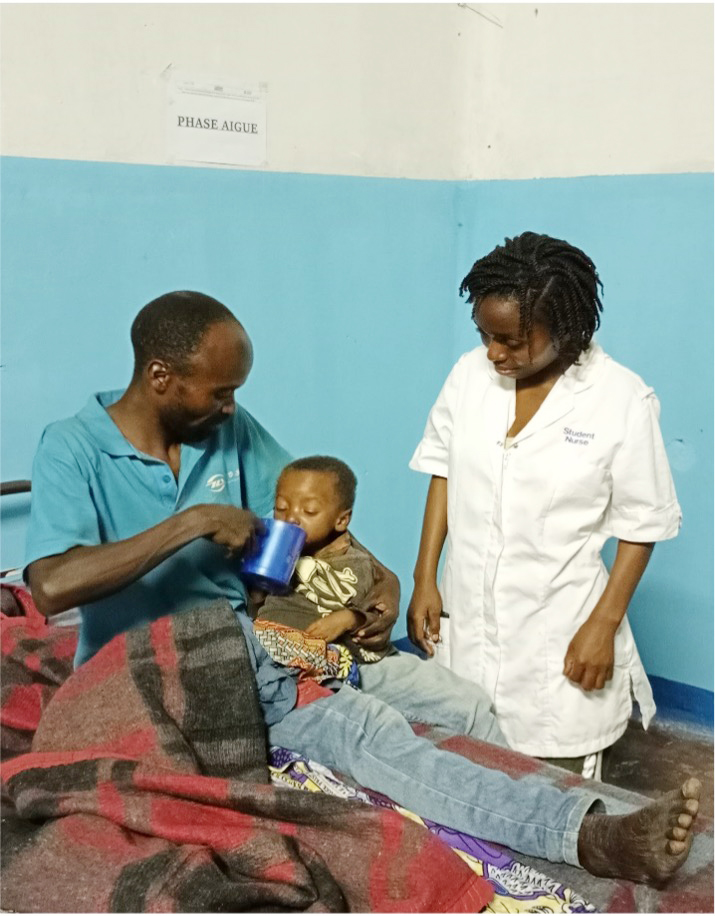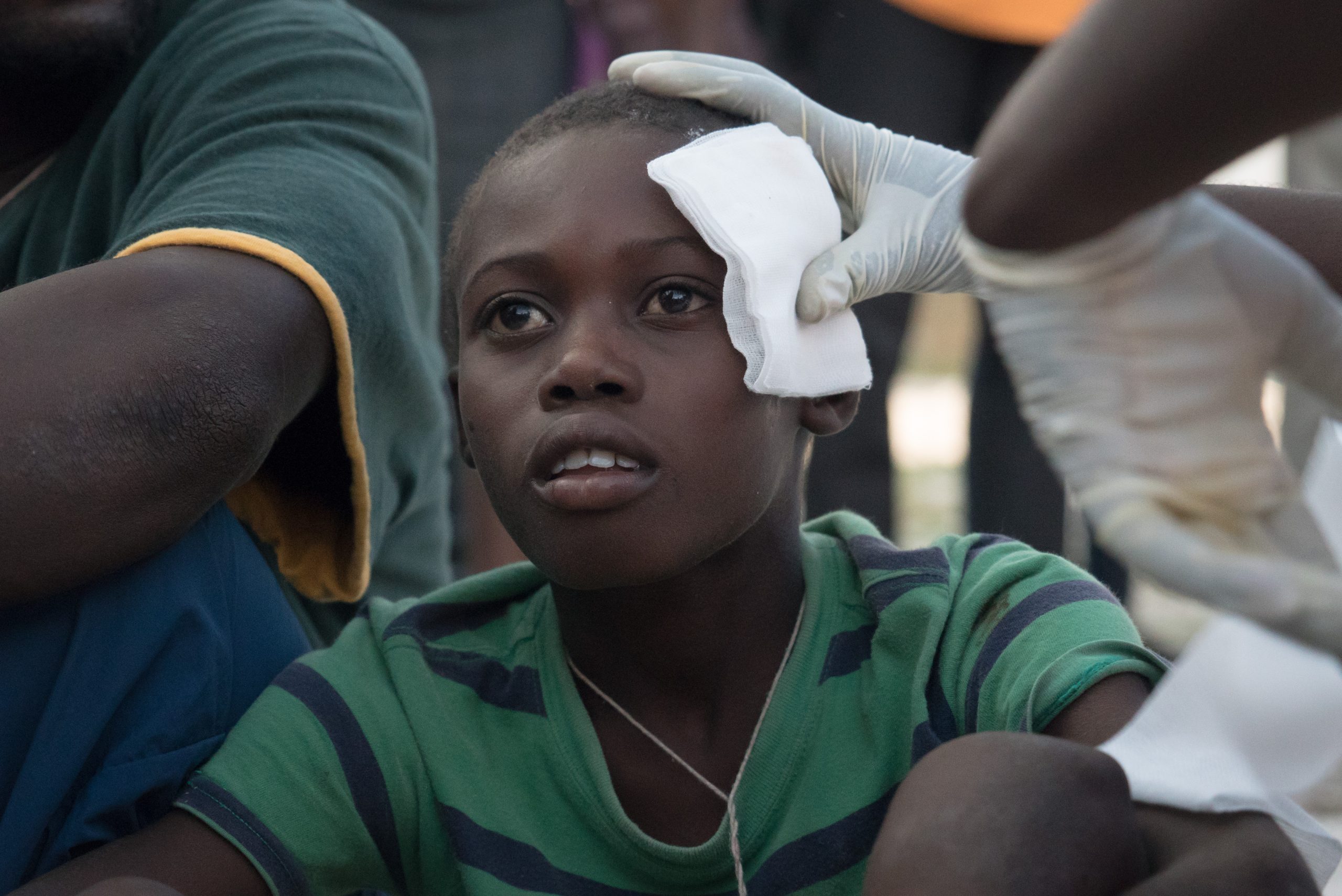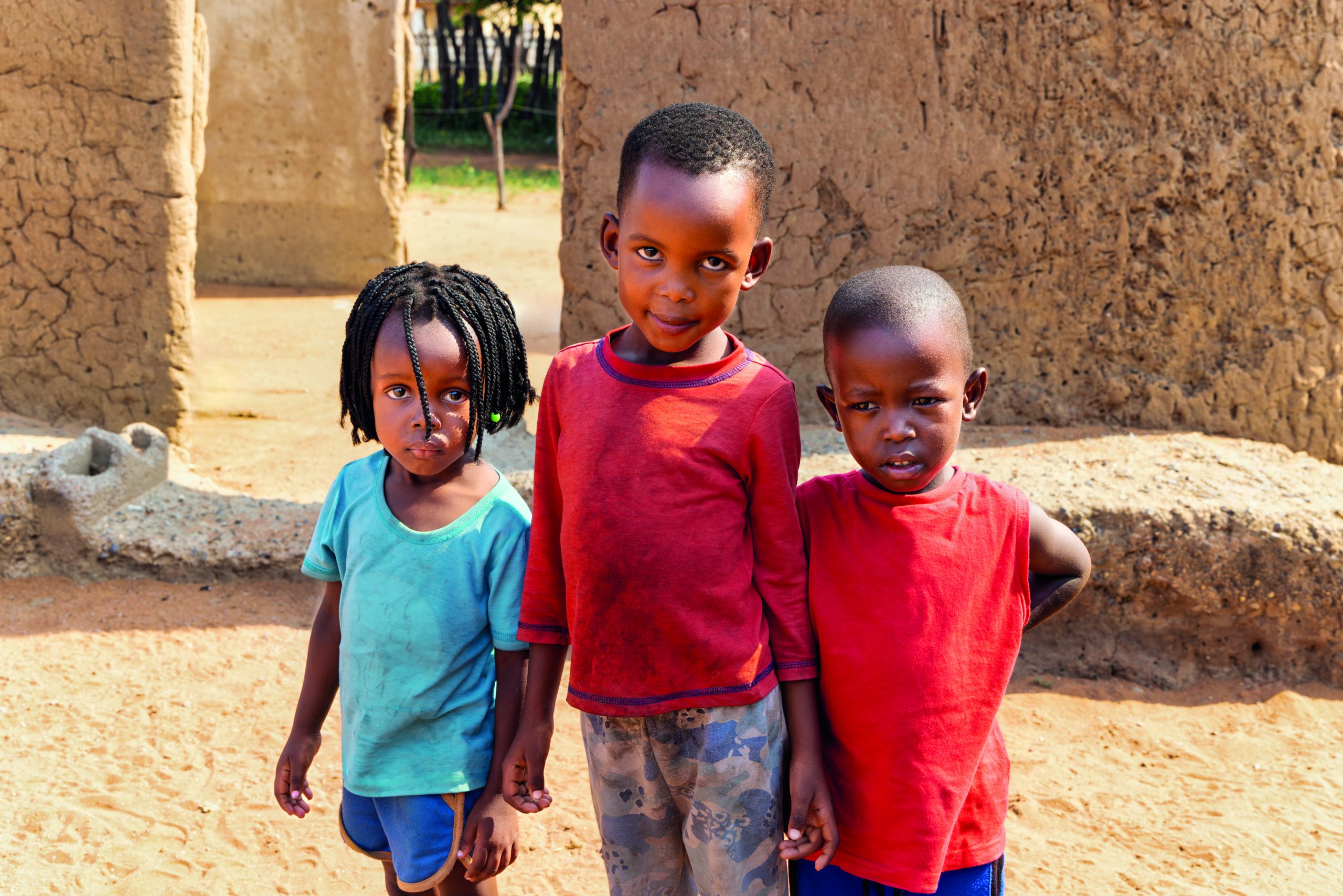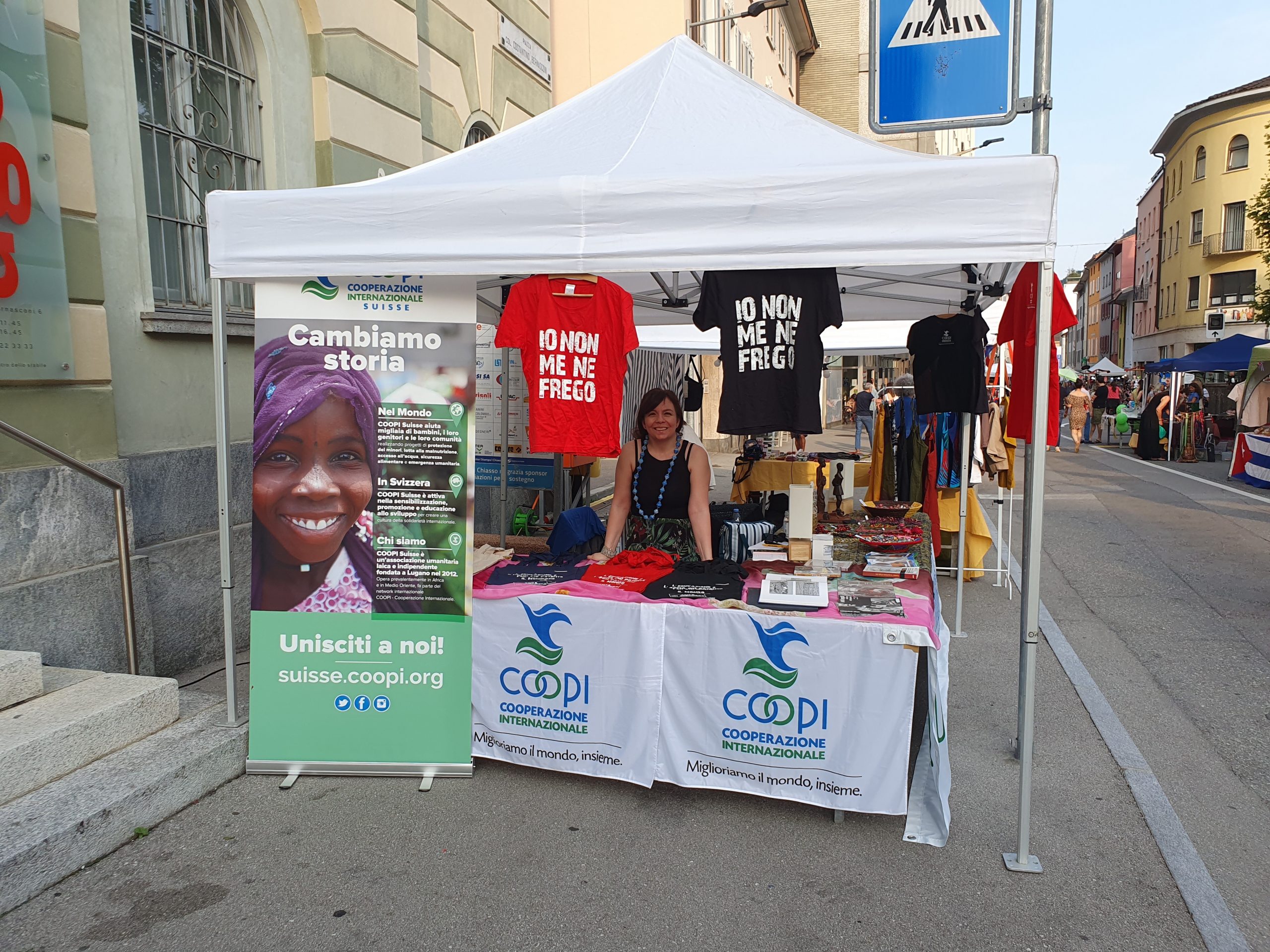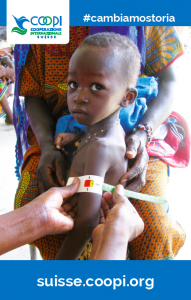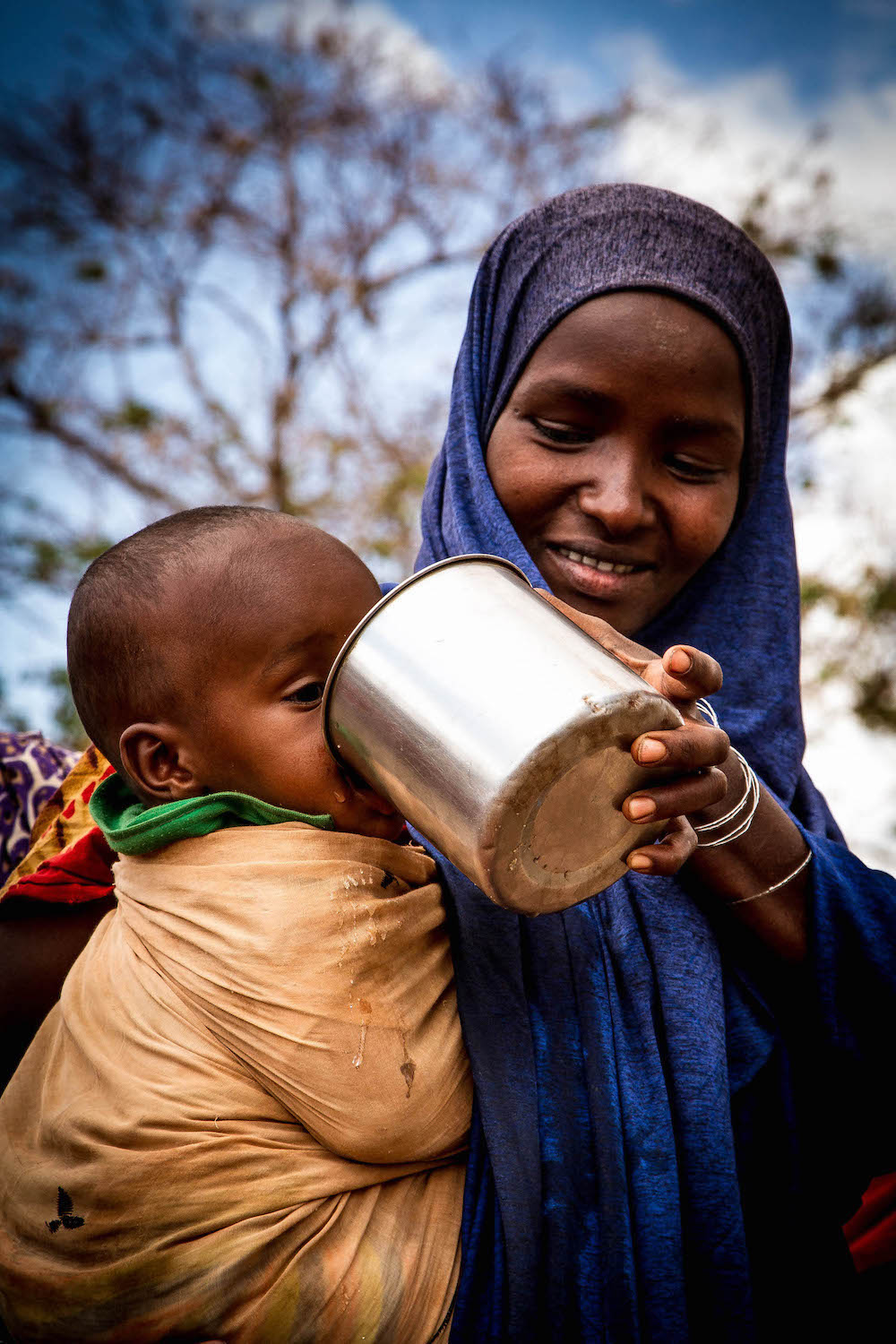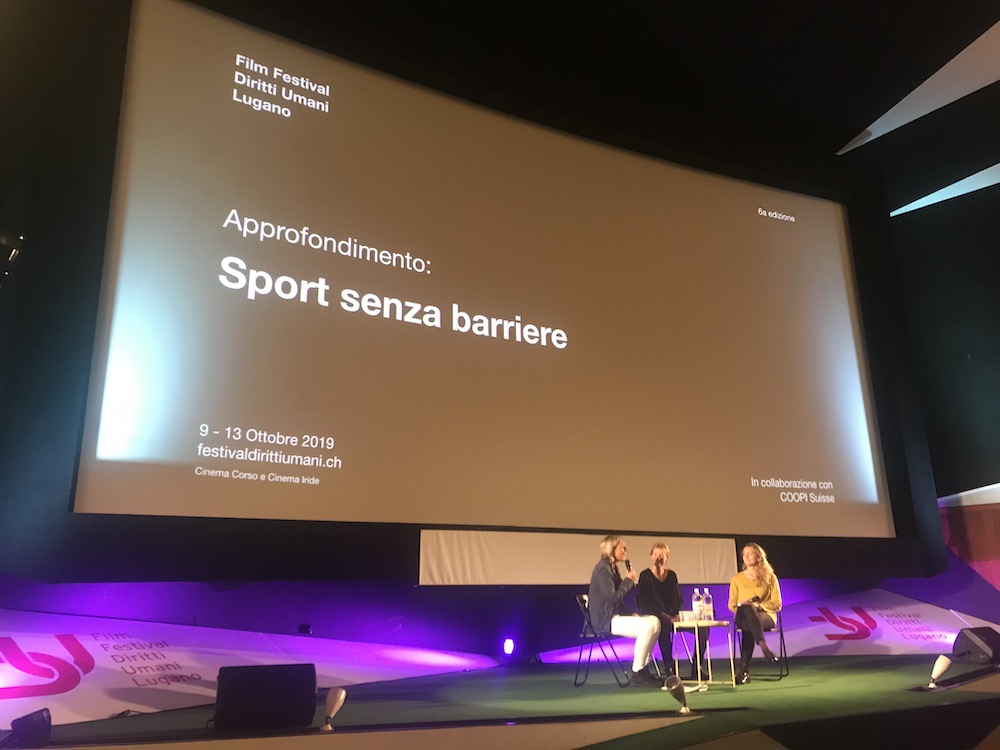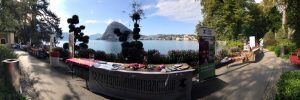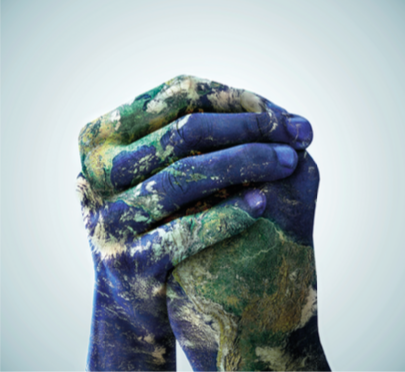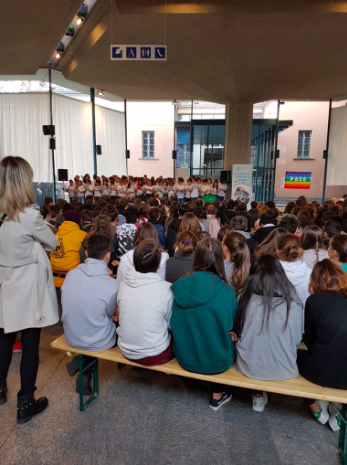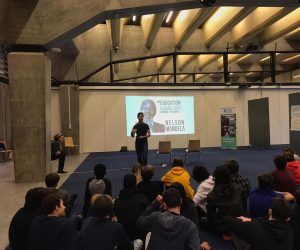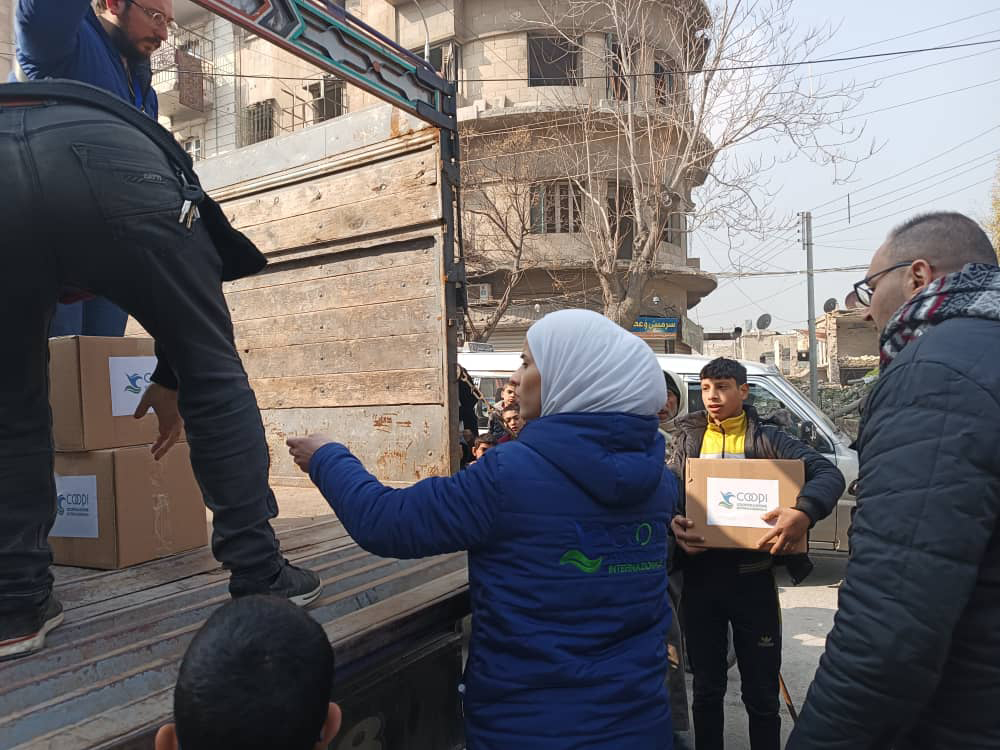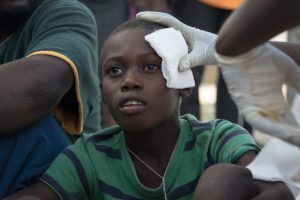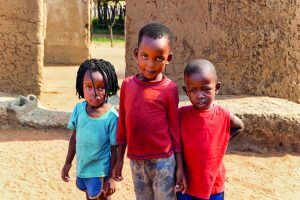“Everything changed. This green was not here before. Until recently, here was just sand”. Abbakr Abbami smiles proudly. With one hand he holds his ploughing tool, with the other he points to the field in front of him, a few dozen meters from Lake Chad. He is the president of one of the 40 groupement (groups) of farmers supported by the international COOPI network in this poor area of Africa. The water of the lake has been largely swallowed by the desert and the fruits of the earth, which grow with great difficulty in a climate so dry, are the only source of income for those who live here.
A “groupement” is an associative body which brings together several families to improve agricultural production, become self-sufficient and help to enter the market.
“Each group consists of 25 members, each representing a family. We have provided seeds, tools, water systems and constant training sessions to 40 “groupement” in the area, which are about 1.000 families”, says Fabio Castronovo, agronomist and Head of Food Security for COOPI in Chad. On average, each family unit here consists of six people, which means that the local agricultural support of COOPI involves about 6 thousand people.
It’s a complex challenge. “Some groupement have formed through the project, while others already existed but were not consolidated. The cultivated areas were still very limited,” continues Castronovo. “Access to water is still a major obstacle. It’s been hard. We suffered along with the beneficiaries, but then we really started to feel the results. “
The Abbami group decided to call itself “souffrance”, “suffering”, he explains, “ground work is very hard, you do not pick a fruit without suffering “, but now things have improved. “Thanks to COOPI, now we have the pumps with which we can finally water large areas of land.”
This innovation has not only transformed the landscape, but it has also changed the eating habits of hundreds of families, in a country where most people are unable to eat more than once a day.
“Now we eat more vegetables and we have corn to make flour. Our wives can make bread and gateau”, continues Abbami, explaining that they finally produce surplus, products that can be sold on the market. The income is used to support the gardens, for the purchase of tools, new seeds and for the maintenance of the water system. An exhausting but visible improvement that has been repeated to me by all the farmers we meet on the shores of the lake.


